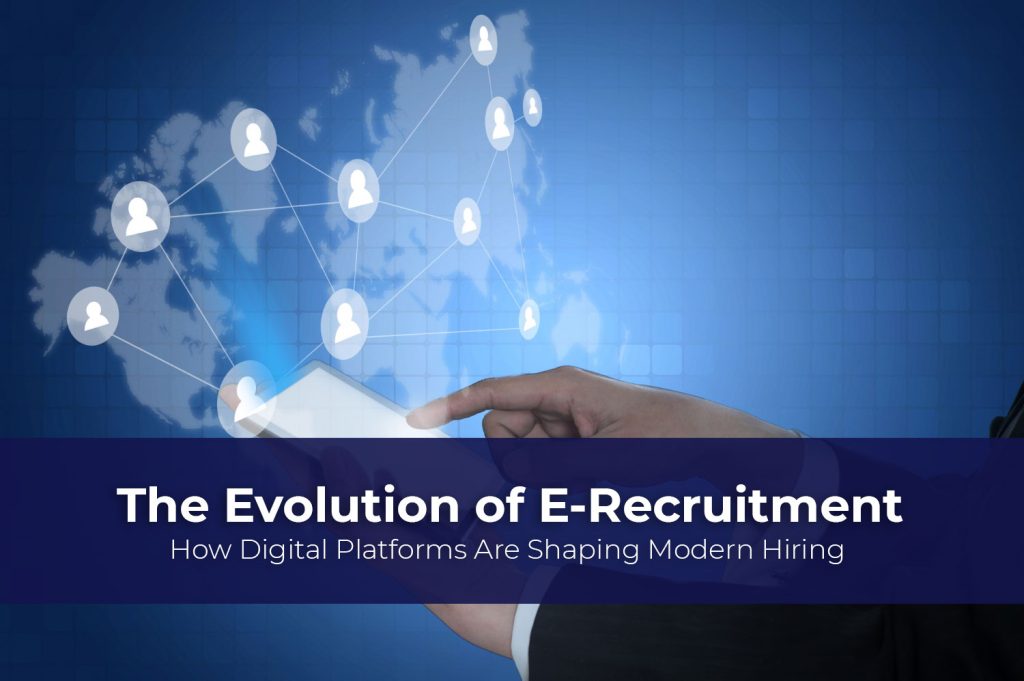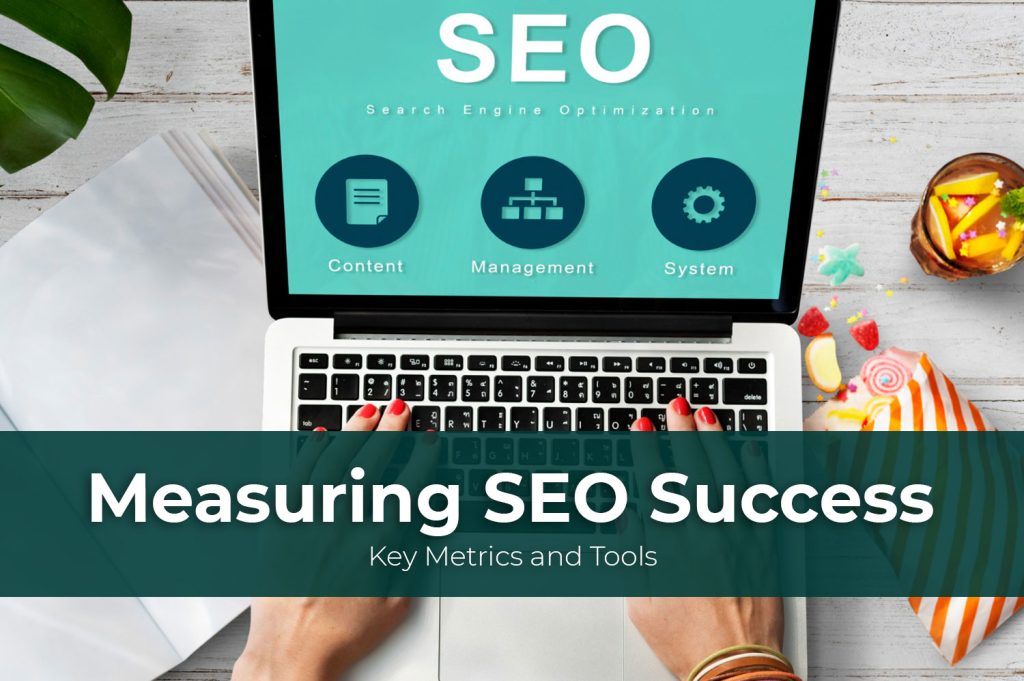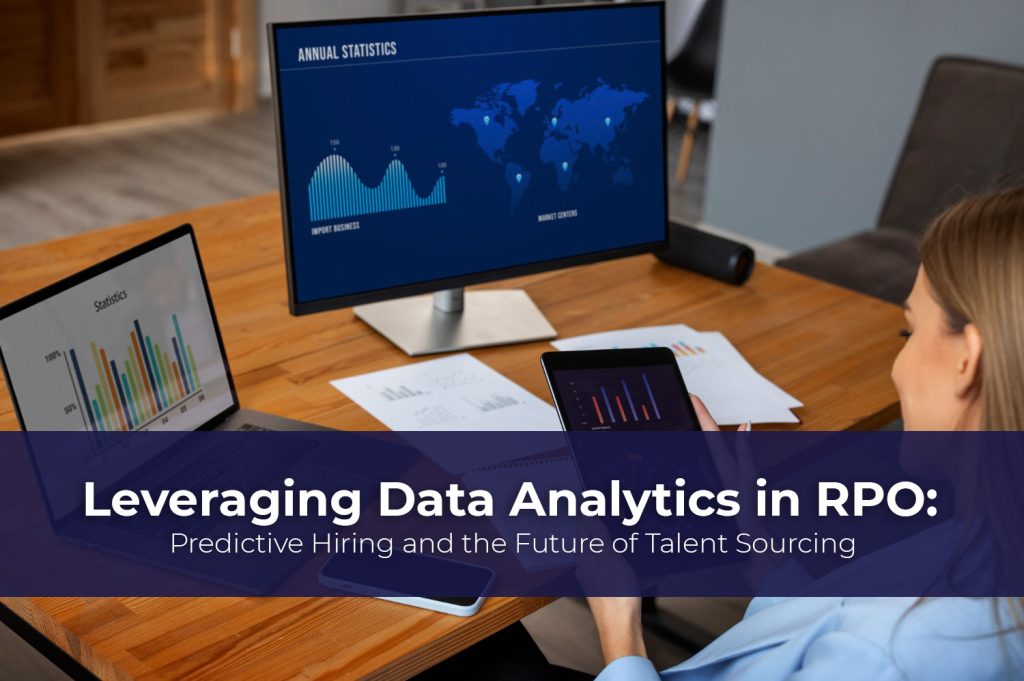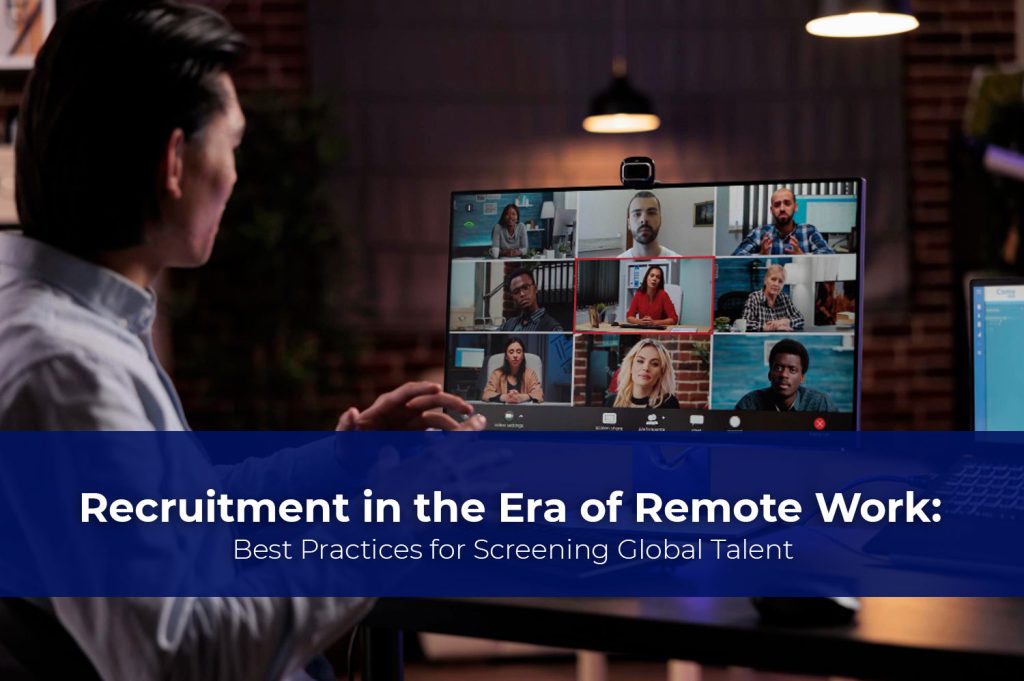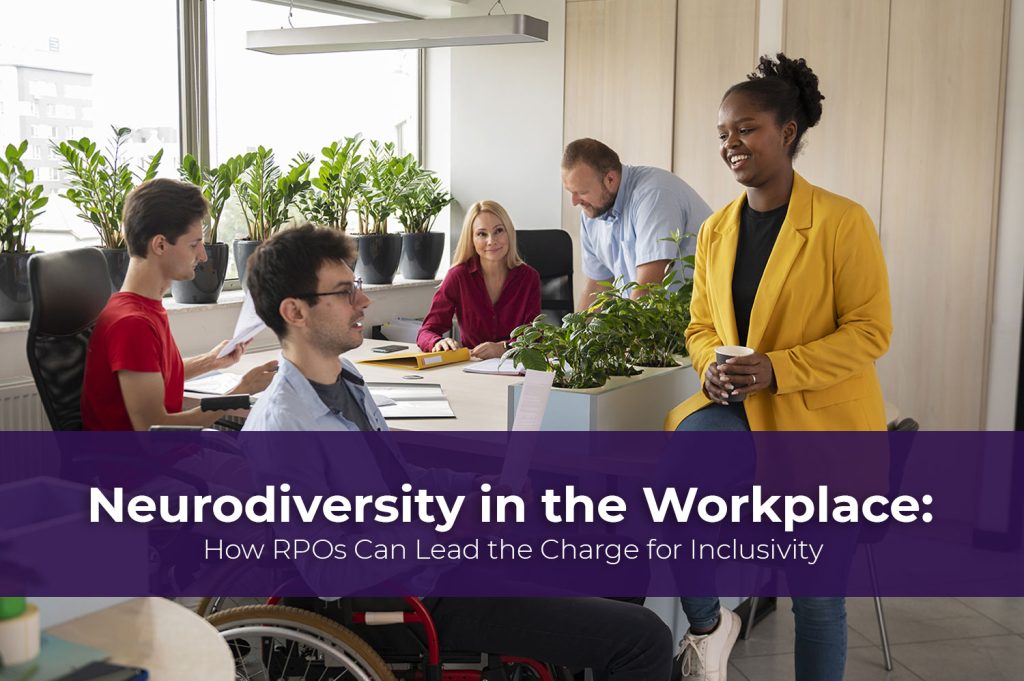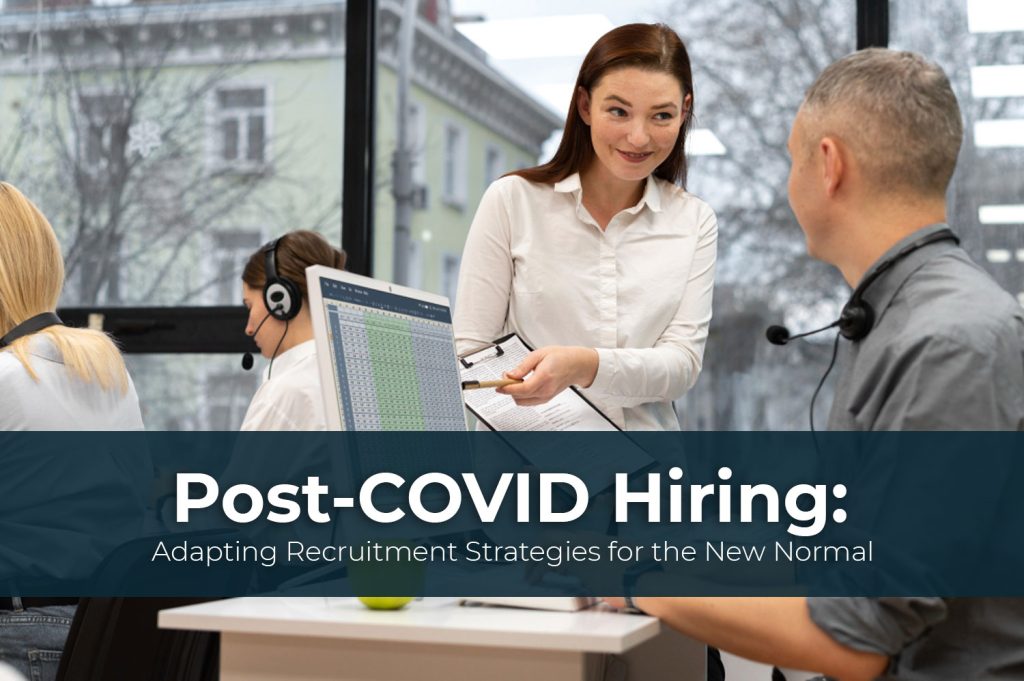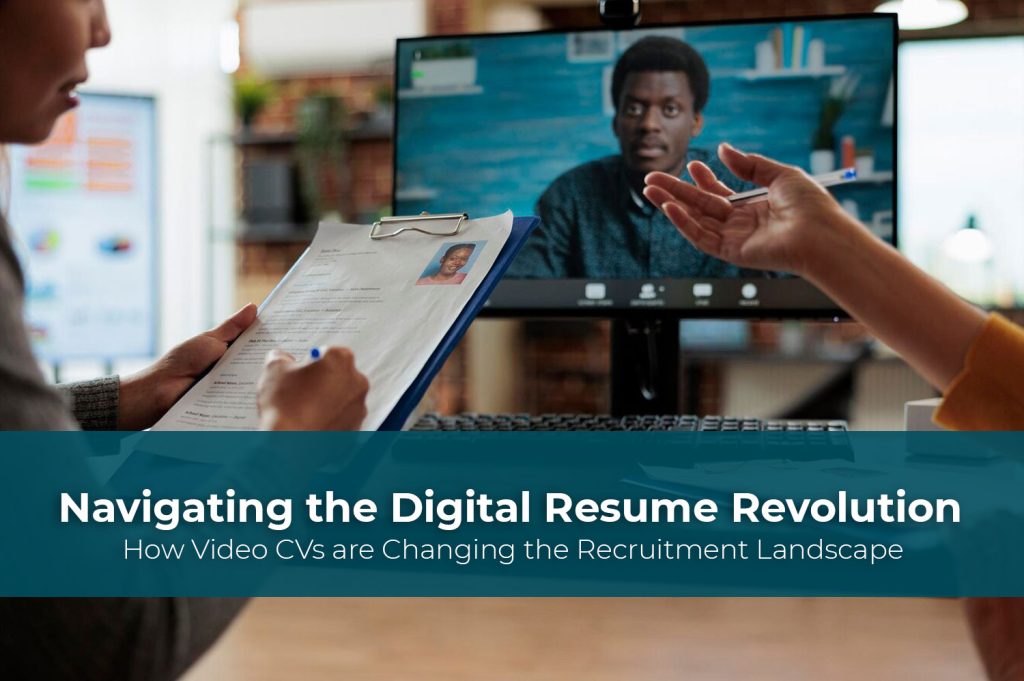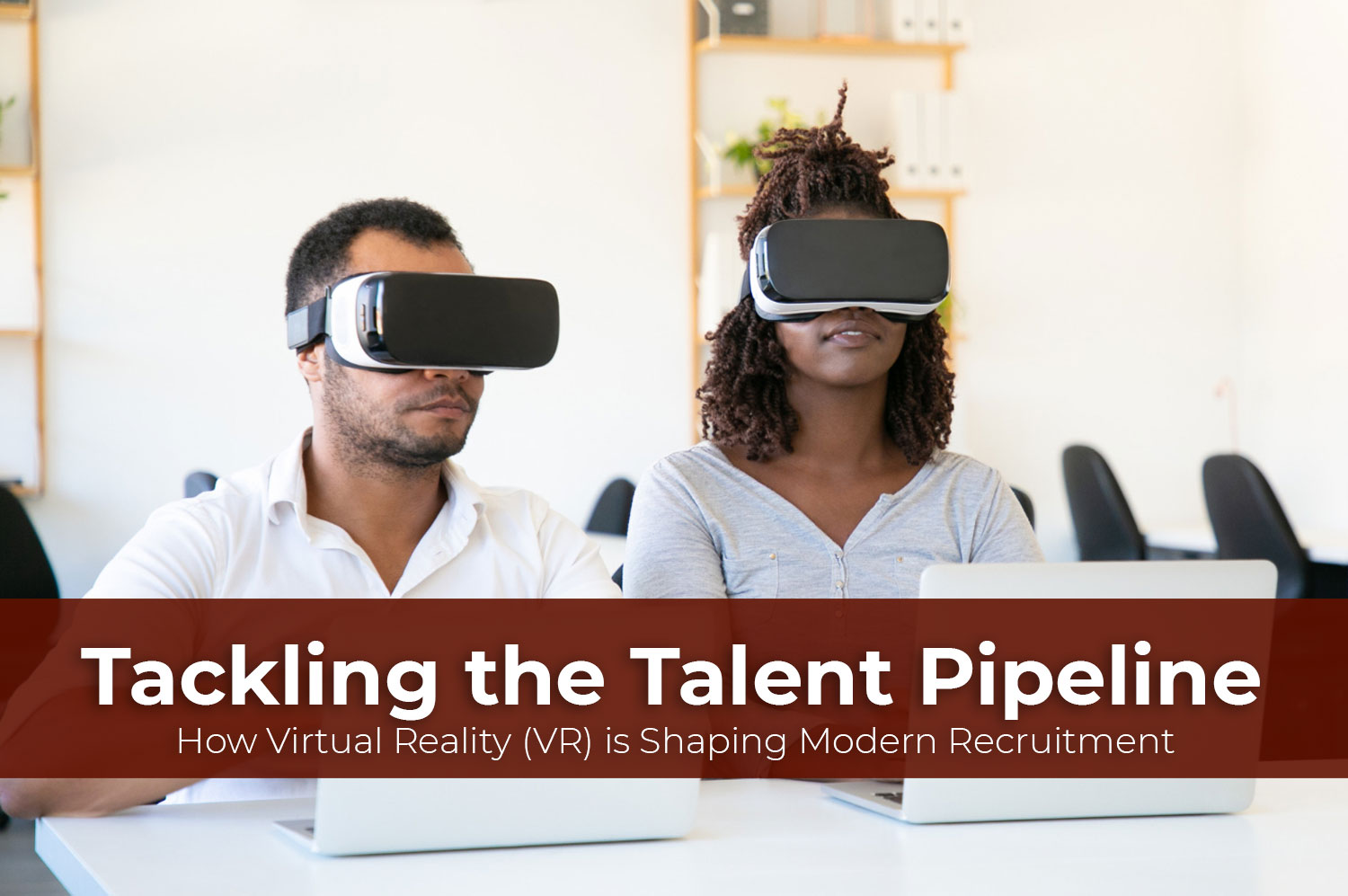
Table of Contents
ToggleIntroduction
Virtual Reality in Recruitment
Virtual Reality (VR) is a technology that creates a computer-generated environment that simulates a real-world experience. When applied to recruitment, it offers several advantages:
- Immersive Experience: Candidates can experience the company culture and workspace virtually.
- Cost-Effective: Reduces the need for physical interviews and travel expenses.
- Increased Engagement: Makes the recruitment process more engaging and memorable.
- Global Reach: Attracts talent from anywhere in the world.
- Streamlined Assessment: Helps assess candidates’ skills and adaptability.
Future trends in VR recruitment include deeper integration with Artificial Intelligence (AI) for more intelligent assessments, enabling remote collaboration through VR for interviews and assessment centers, customization of VR experiences to match company culture, leveraging data analytics for better hiring decisions, and the increasing adoption of VR technology as it becomes more accessible and affordable for organizations of all sizes.
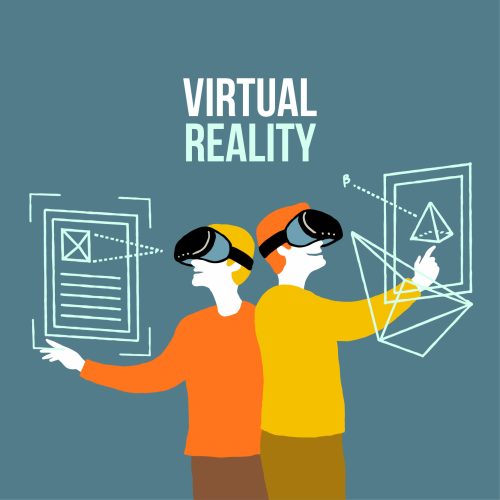
How VR is Transforming the Candidate Experience
VR is not just a tool for employers; it also enhances the candidate experience in numerous ways:
- Virtual Office Tours: Candidates can explore their potential workplace virtually.
- Interactive Job Previews: Get a taste of their future roles through immersive simulations.
- Interview Practice: VR allows candidates to practice interview scenarios.
- Realistic Onboarding: Prepare new hires by familiarizing them with the work environment.
- Assessment Games: Gamified assessments provide a more enjoyable experience.
Benefits for Employers
Employers stand to gain several benefits from integrating VR into their recruitment processes:
- Efficiency: Streamlines the screening and interviewing processes.
- Cost Reduction: Reduces travel costs and administrative expenses.
- Enhanced Employer Branding: Demonstrates commitment to innovation and modernization.
- Attracts Tech-Savvy Talent: Appeals to candidates looking for forward-thinking companies.
- Improved Quality of Hires: VR assessments can lead to more suitable hires.
Overcoming Recruitment Challenges with VR
Recruitment comes with its set of challenges, and VR can help address some of these:
- Diversity and Inclusion: VR can help assess candidates without bias.
- High Turnover Rates: Better hiring decisions through immersive assessments.
- Remote Recruitment: Expands the talent pool by accommodating remote candidates.
- Skill Shortages: VR can be used for training and upskilling employees.
- Competitive Advantage: Companies utilizing VR gain an edge in attracting top talent.
Implementing VR in Your Recruitment Process
Integrating VR into recruitment requires careful planning and execution:
- Vendor Selection: Choose a reliable VR platform or partner.
- Content Creation: Develop immersive experiences tailored to your organization.
- Training: Ensure HR and recruitment teams are proficient in using VR.
- Feedback and Iteration: Continuously improve the VR recruitment process.
- Accessibility: Consider the hardware and software requirements for candidates.
VR in Skill Assessment and Training
Beyond recruitment, VR has applications in ongoing skill assessment and training:
- Technical Skills: Evaluate candidates’ technical abilities in a virtual environment.
- Soft Skills: Assess communication, teamwork, and leadership skills.
- Employee Training: Use VR for on-the-job training and development programs.
- Simulations: Create realistic job simulations for hands-on learning.
- Continuous Improvement: Monitor employee progress and adapt training accordingly.
Success Stories: Companies Leveraging VR in Recruitment
Several leading companies have successfully implemented VR in their recruitment processes, resulting in positive outcomes.
Link to BUMSA Success StoriesEthical Considerations and Data Privacy
As with any technology, VR in recruitment raises ethical concerns and data privacy issues:
- Informed Consent: Candidates should be aware of how their data will be used.
- Data Security: Safeguard candidate information to prevent breaches.
- Bias and Fairness: Ensure VR assessments are unbiased and fair to all candidates.
- Transparency: Clearly communicate the use of VR in the hiring process.
- Compliance: Adhere to relevant data protection regulations.
Future Trends in VR Recruitment
The future of VR in recruitment looks promising, with several emerging trends:
- AI Integration: Combining VR with AI for more intelligent assessments.
- Remote Collaboration: VR for collaborative interviews and assessment centers.
- Customized Experiences: Tailoring VR experiences to match company culture.
- Analytics and Data Insights: Using VR data to make informed hiring decisions.
- Wider Adoption: As technology becomes more accessible, more companies will adopt VR.
Conclusion: Embracing VR for a Modern Recruitment Strategy
In conclusion, Virtual Reality is reshaping the landscape of modern recruitment. It offers innovative solutions to longstanding challenges and provides a unique and engaging experience for both employers and candidates. By incorporating VR into their recruitment processes, companies can attract top talent, reduce costs, and make more informed hiring decisions. As the technology continues to evolve, staying ahead of the curve in recruitment practices will become increasingly crucial for organizations aiming to build a competitive workforce.
Are you interested in learning more about how Recruitment Process Outsourcing (RPO) can complement your VR-based recruitment strategy? Check out our related articles:
- 8 Ways in Which an RPO Agency Can Improve Your Candidate’s Experience
- Benefits of Having Recruitment Process Outsourcing on Your Side
- Choosing the Right RPO Partner: A Holistic Overview
- RPO Trends to Keep an Eye On in 2022
- How to Boost Your Employee Retention Rate: An RPO Agency’s Insight

Several leading companies have successfully implemented VR in their recruitment processes, resulting in positive outcomes.

